Best electric cars 2017: Smart, Tesla and more
From saloons to SUVs, here are the best electric vehicles coming out this year
A free daily email with the biggest news stories of the day – and the best features from TheWeek.com
You are now subscribed
Your newsletter sign-up was successful
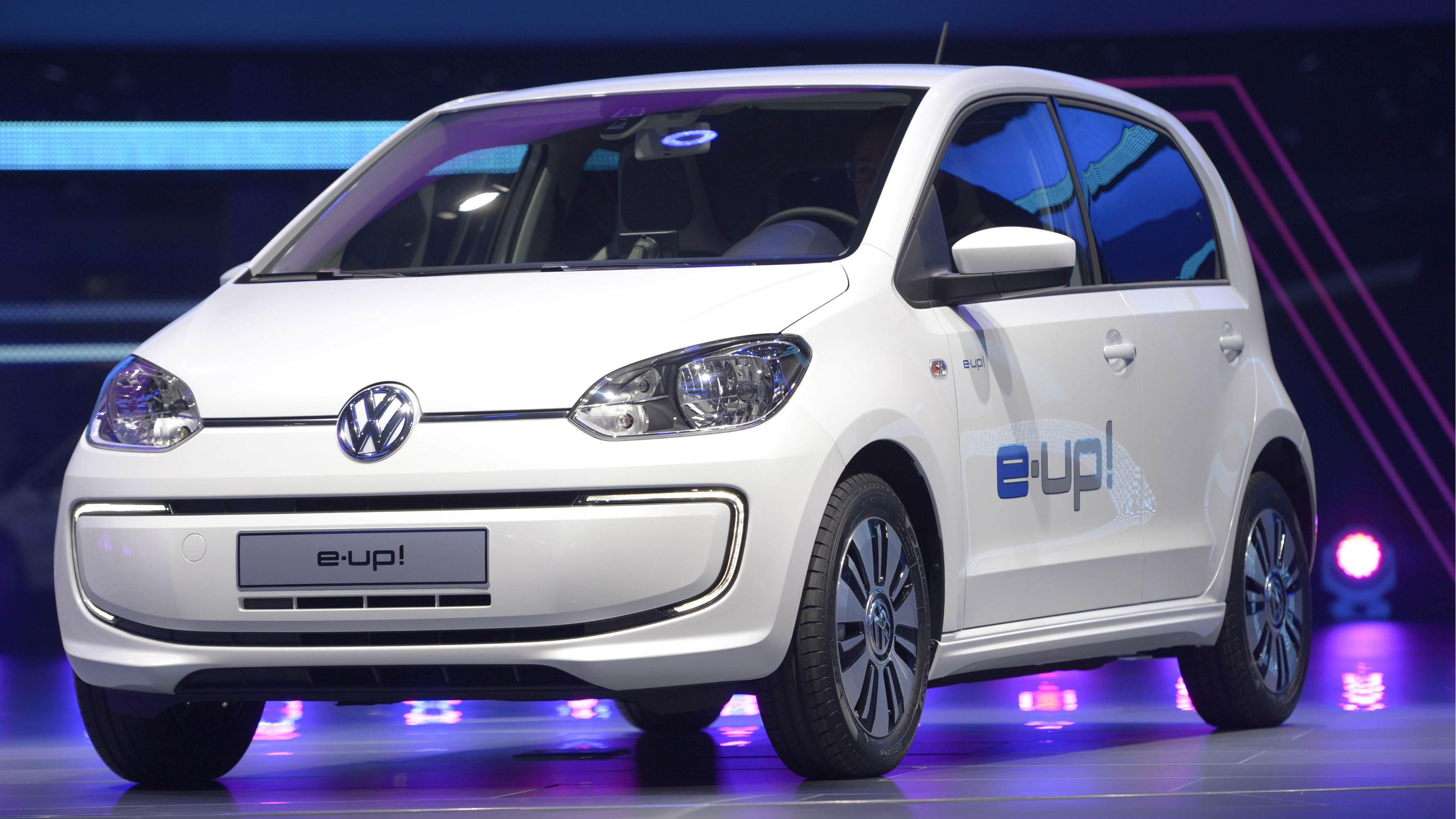
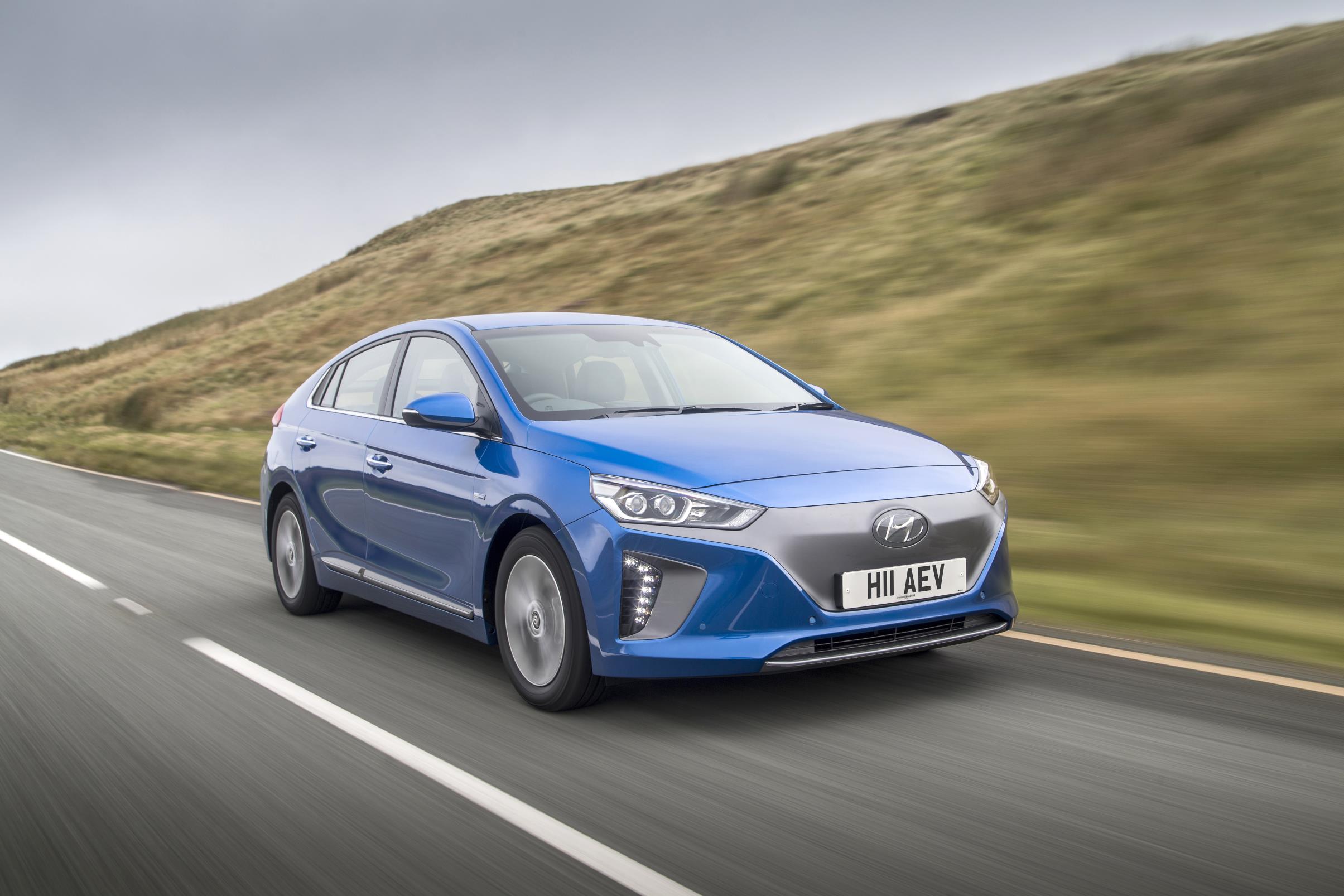
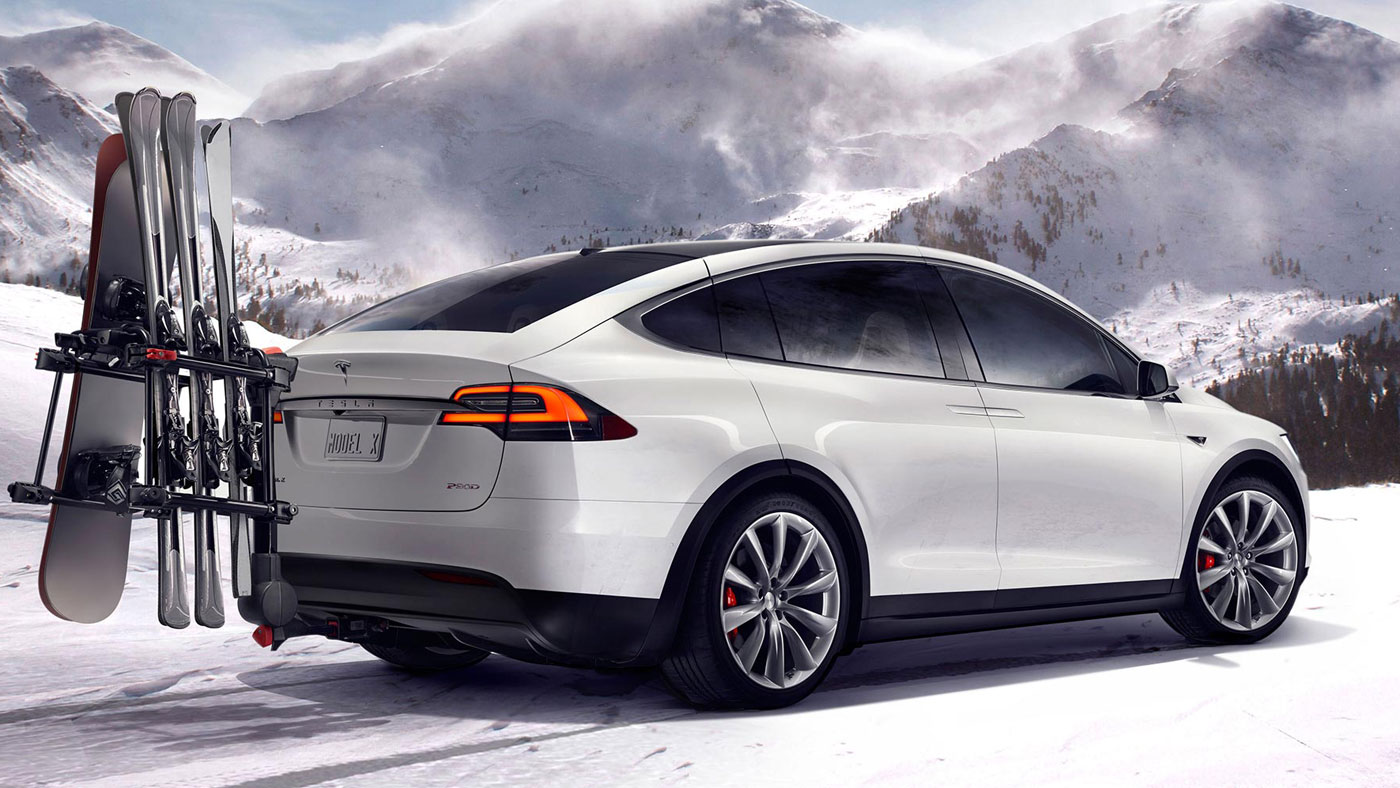
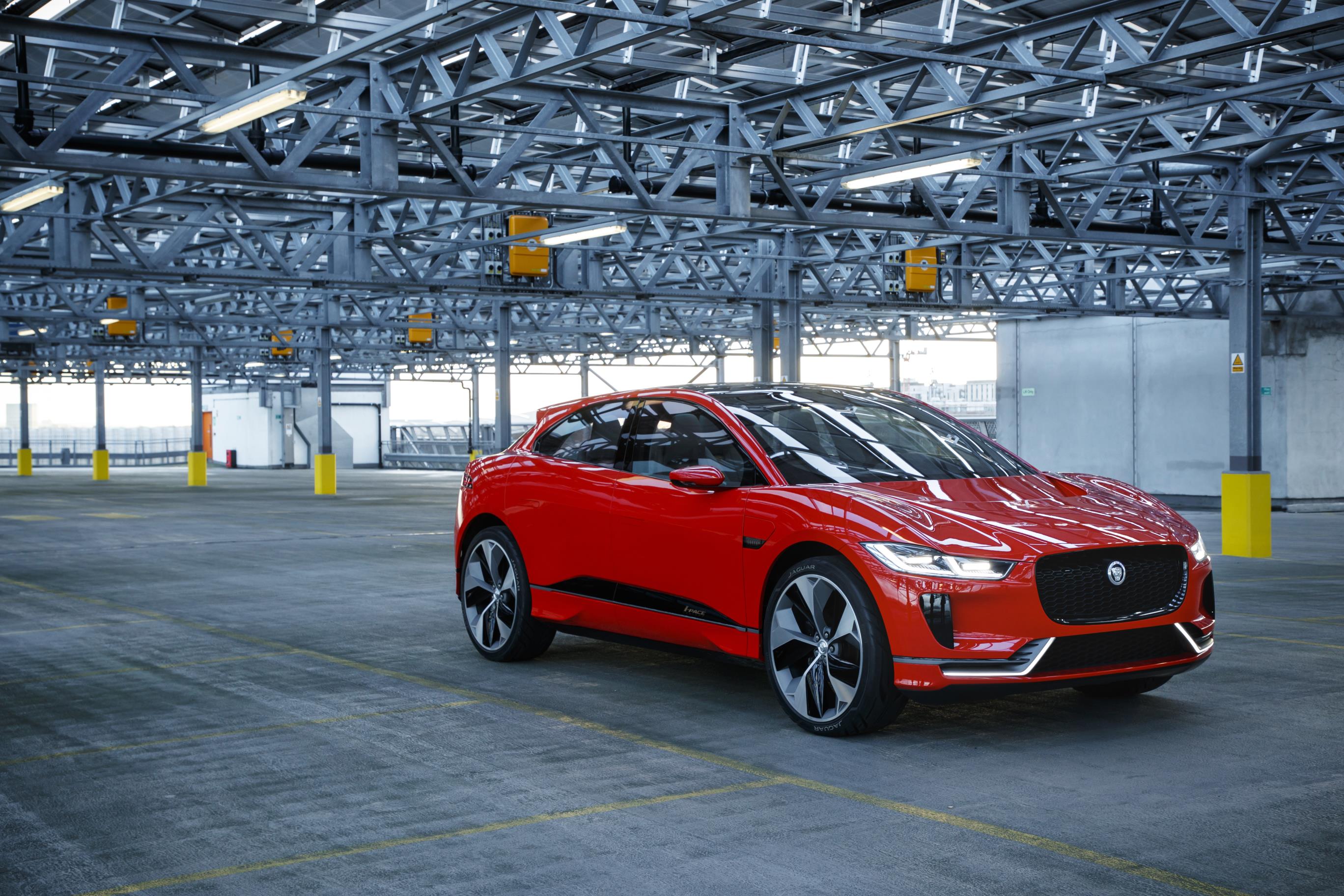
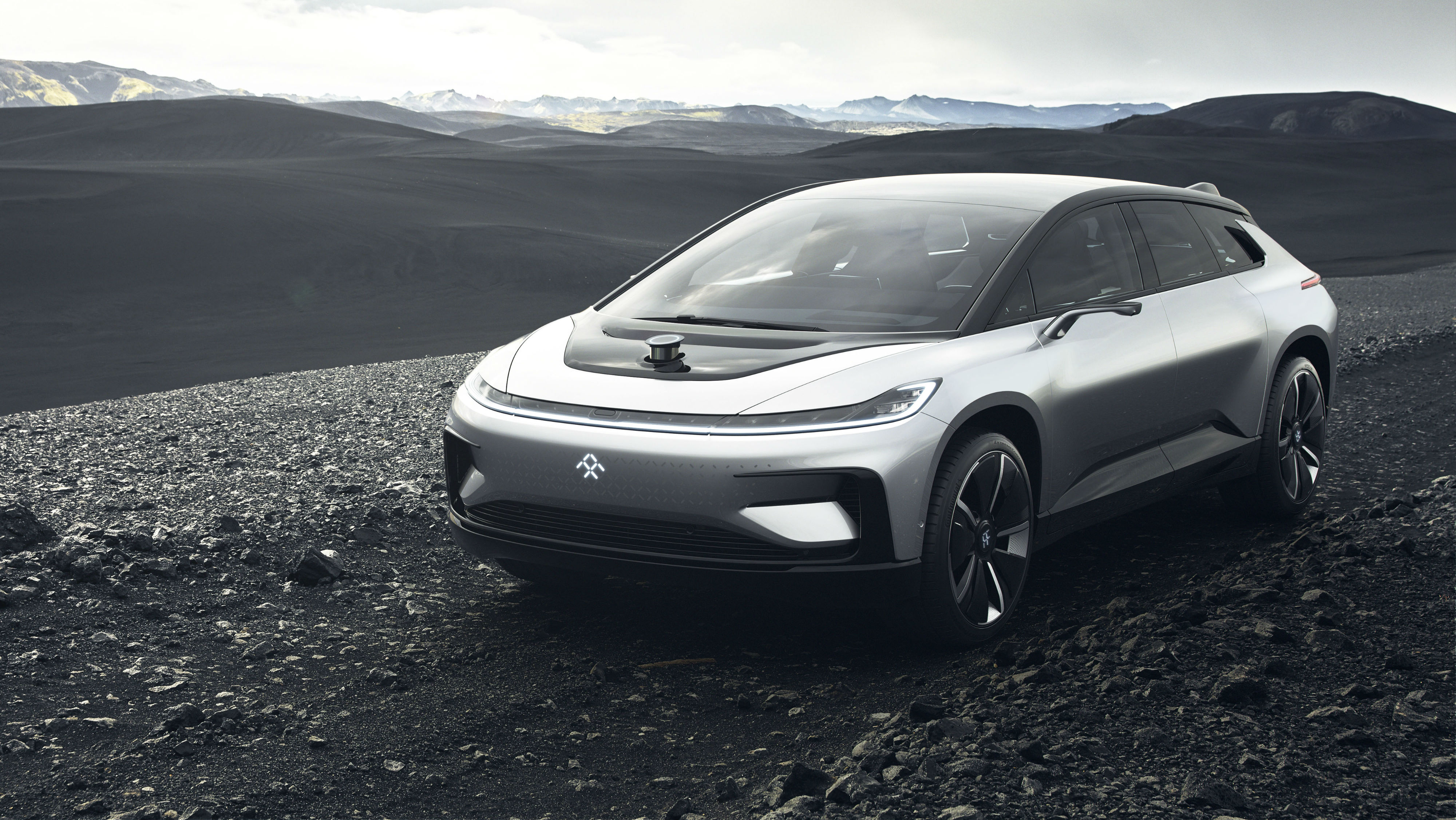
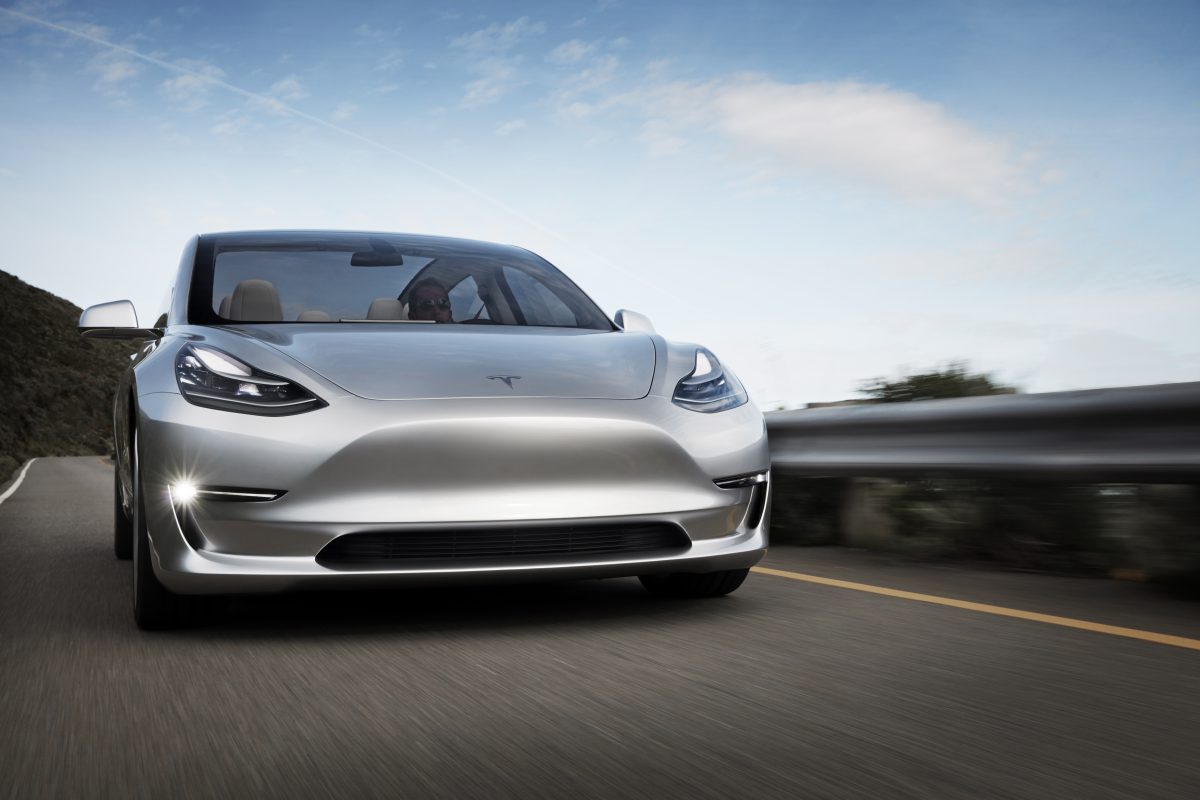
Electric vehicles are becoming an increasingly practical option in everyday transport. Battery technology has evolved to the point where drivers no longer need to recharge their vehicles after short journeys. Drivers can also take advantage of a growing network of charging stations across the country.
The majority of mainstream manufacturers are either selling electric cars or developing one for release in the near future. Jaguar, for example, is developing its first electric car with the I-Pace SUV, while Nissan is looking to strengthen its Leaf by developing autonomous systems for the electric hatchback.
Electric motoring eliminates the cost of fuel and is tax free. What's more, the government will give buyers up to £4,500 towards a new electric vehicle.
The Week
Escape your echo chamber. Get the facts behind the news, plus analysis from multiple perspectives.

Sign up for The Week's Free Newsletters
From our morning news briefing to a weekly Good News Newsletter, get the best of The Week delivered directly to your inbox.
From our morning news briefing to a weekly Good News Newsletter, get the best of The Week delivered directly to your inbox.
Here, in no particular order, are the best electric vehicles entering the market year:
Smart Fortwo Electric Drive
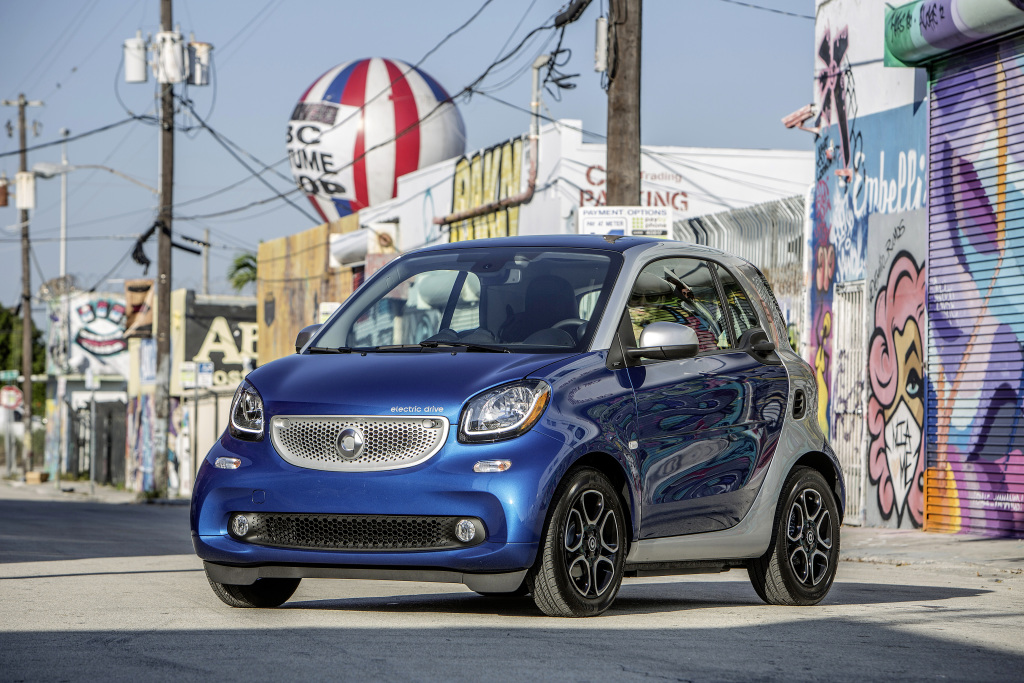
An electric version of the popular Smart city car, one of the smallest EVs on the market, launched in the summer.
The Mercedes sub-brand’s Fortwo Electric Drive comes with an 81bhp electric motor powered by a 17.6kWh battery capable of driving for 100 miles on one charge, reports Auto Express. Topping up a near-flat battery takes just 2.5 hours, so drivers “won’t be hamstrung by lengthy periods plugged into the mains”.
A free daily email with the biggest news stories of the day – and the best features from TheWeek.com
It has a hi-tech interior, continues the magazine, with a seven-inch infotainment screen with sat nav. The Electric Drive is also a little wider than the outgoing model, giving occupants noticeably more shoulder room.
On the road, the Fortwo’s electric powertrain means it accelerates faster than the petrol-powered model, Car magazine says. The battery will deplete at a faster rate on longer journeys, but “as a train station hack or urban road warrior the ForTwo Electric Drive is a compelling ally”.
The Fortwo Electric Drive can be specced in either hardtop or cabriolet form, while the Forfour adds an additional pair of doors for rear-seat passengers. Prices start at £16,420.
Toyota Mirai
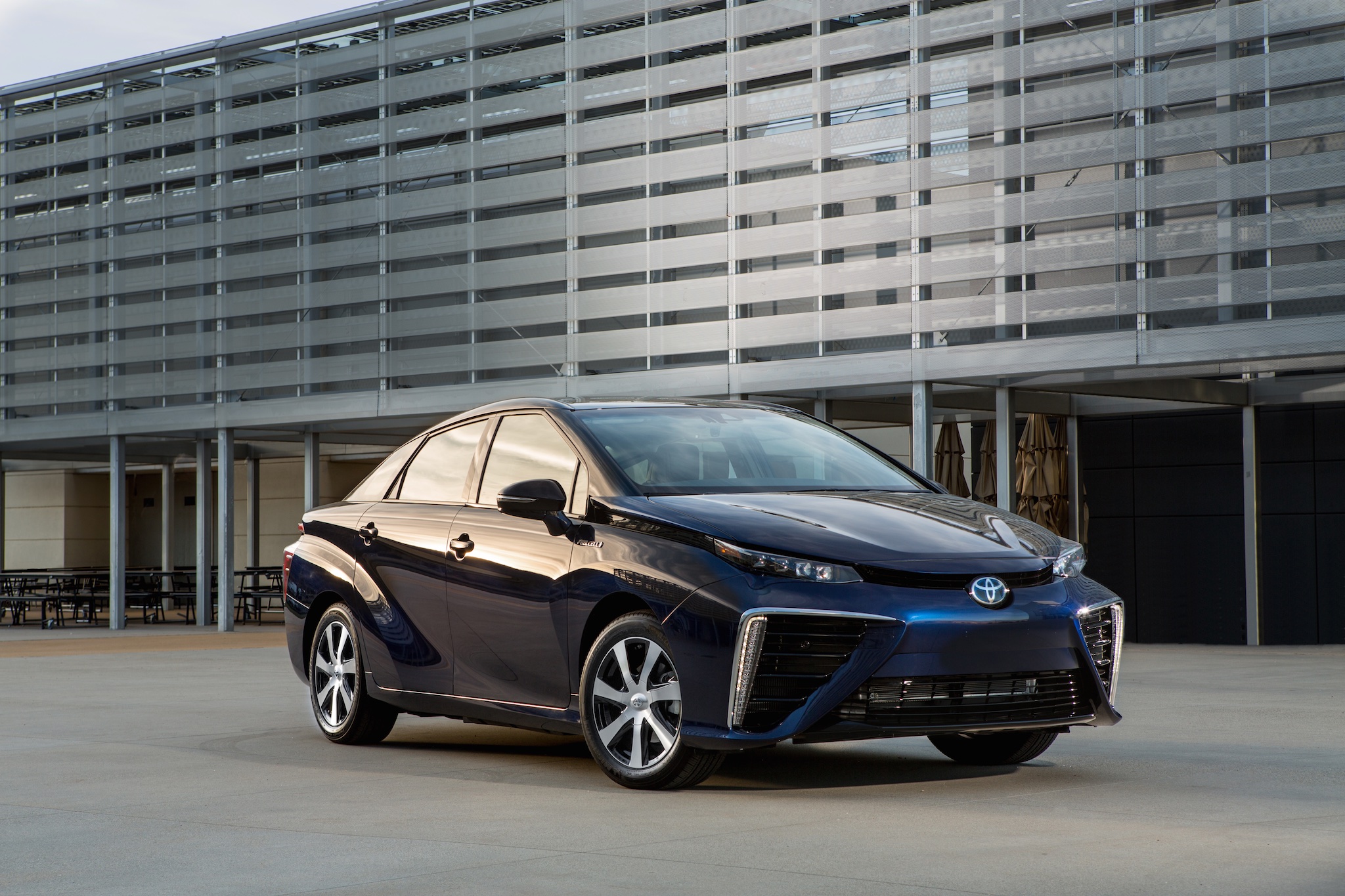
Not only is the Toyota Mirai one of the more bizarre-looking cars on this list, it also boasts the most unusual powertrain.
Unlike the Tesla Model S and forthcoming Jaguar I-Pace, which feature battery-electric motors, says Autocar, the Mirai is propelled using hydrogen fuel cell technology.
The EV converts hydrogen gas and oxygen into electrical energy, which is then stored in battery cells. And since this conversion process takes place on the go, there are none of the long charging times associated with standard battery-electric vehicles. All the driver has to do is fill up the Mirai with hydrogen at a petrol station.
The car itself is comfortable to drive on both back roads and on motorway, says The Independent, with only a hint of wind and road noise making its way into the cabin.
Toyota has tried to make a futuristic technology feel like a conventional road car, says Autocar, and has more or less achieved that aim. The only differences drivers will notice are the “voltaic clicks and hums” when the vehicle starts up.
Prices start at £66,000, placing it in direct competition with the battery-electric Tesla Model S.
Tesla Model 3
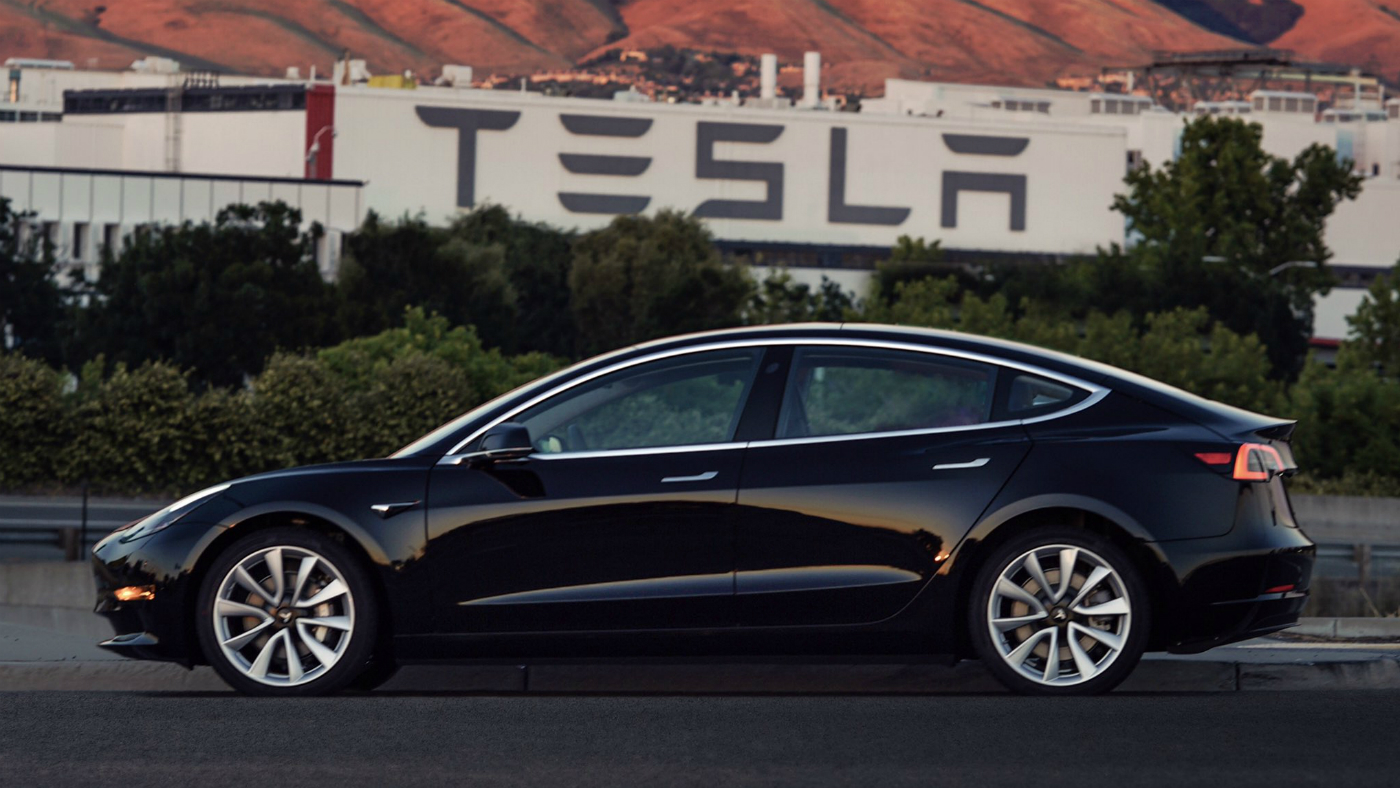
he highly-anticipated Tesla Model 3 is on sale now. Deliveries are expected to take place early next year for those who pre-ordered the car shortly after it was revealed last May.
It’s the cheapest car in the company’s line-up, with the entry-level version costing around $35,000 (£27,000). This gets buyers a 220-mile-per-charge battery pack and a 0-60mph time of 5.6secs, says Top Gear. The range-topping variant comes with a 310-mile-per-charge battery and goes from 0-60mph in 5.1secs.
Its performance doesn’t quite rival the firm’s range-topping Model S saloon, but Tech Crunch says it will “easily (very easily) exceed anything the vast majority of this car’s drivers will have ever experienced in similarly priced sedans.”
For more details on the Tesla Model 3, click here.
Jaguar I-Pace
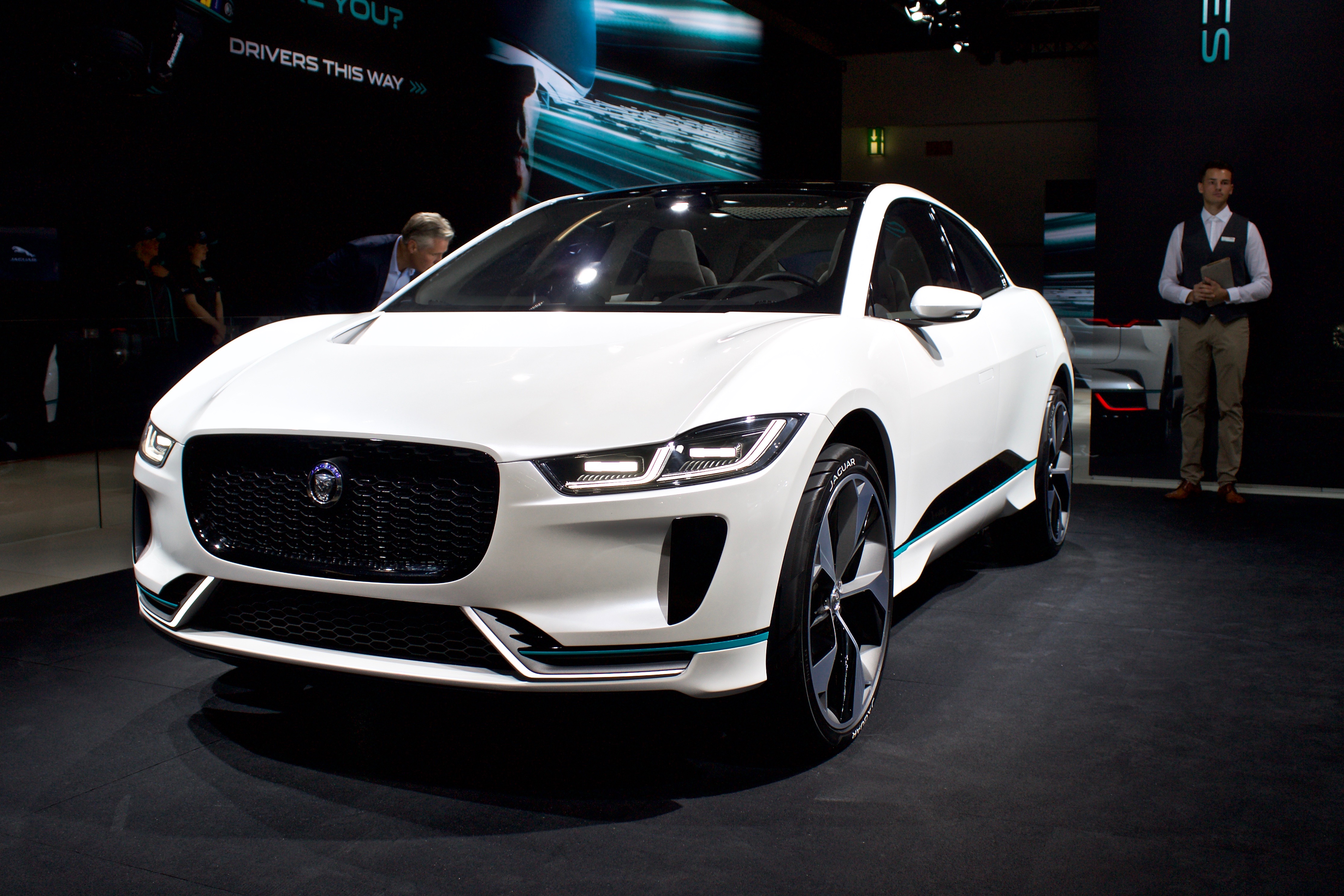
Jaguar has just revealed its all-electric I-Pace and it's expected to rival the Tesla Model X and Faraday Future FF 91.
Underneath the sleek skin of the I-Pace sit two electric motors perched on the front and rear axles. Jaguar claims the electric SUV has a power output of 395bhp and a zero to 60mph time of around four seconds.
The motors are paired to a 90kWh battery, which Jaguar says boasts a range of 300 miles and can be charged in just over two hours. The claimed range is around 50 miles shy of the Model X, although this may be improved closer to the car's release through software and firmware updates.
Customers can register their interest in the I-Pace now before it goes on sale next year. Jaguar has yet to confirm prices, but if the I-Pace goes head-to-head with the Model X, expect it to cost around £60,000.
Volkswagen e-Up!

Volkswagen has refreshed its Up! range and with it comes a new, all-electric version of the compact city car.
Under the bonnet sits an 80bhp electric motor coupled to an 18.7kWh battery to offer a claimed range of around 99 miles. Charging takes just 30mins from a dedicated DC charging station, although powering the car at home through an AC charger takes around six hours.
Autocar says the e-Up! is "spacious", "well specced" and feels "much sharper" than its petrol-powered equivalent. There are "no compromises" inside, neither, as VW has simply swapped the petrol motor for a battery without changing the layout of the cabin.
However, AutoExpress feels it's "extortionately expensive" and the range "frustratingly short". However, it does say the electric powertrain means there's no road tax nor fuel bills to factor in and there's also a fixed price servicing option at £249, covering the car for three years or 30,000 miles.
The Volkswagen e-Up! is available for £25,280, with a range of paint options from £270 to £515.
Tesla Model X
[[{"type":"media","view_mode":"content_original","fid":"108885","attributes":{"class":"media-image"}}]]
Elon Musk's electric car company Tesla may have launched its Model X SUV in the US in 2015, but it has only just arrived on UK shores this year.
The Model X is the company's largest car in the range and occupies its own space in the market. While some SUVs are cheaper and more luxurious, the Model X is the only SUV currently available with an electric powertrain.
AutoExpress says that all models, ranging from the entry-level 75D to the P100D, offer "very impressive battery setups". Charging the batteries from an outlet at home is thought to cost only "a few pounds".
Despite its 5291lbs weight, the Model X's handling is "right up there with the best sports SUVs", according to Top Gear. This is helped by the car's all-wheel drive system, which allows drivers to carry speed into corners unlike other SUVs on the market.
The range kicks off with the 75D at £75,400, while the range-topping P100D offers a sub three-second and longer battery life for £135,600. There's also a mid-range P90D that costs £84,000.
Click here to read more about the Tesla Model X SUV.
Faraday Future FF 91

Faraday Future is on course to launch its first production car next year.
The FF 91 SUV, which had its debut at the Consumer Electronics Show in January, is set to compete with the Tesla Model X and be one of the fastest accelerating cars on the market, which a claimed zero to 60mph time of 2.39secs making it around 0.5secs faster than Elon Musk's creation.
It's packed with the latest automotive technology, including onboard cameras that scan the user's face to give access to the vehicle. Owners will also be able to customise and control their car using the FFCTRL companion app, which will be available on most smartphones closer to the car's release.
Faraday Future has yet to reveal prices for the FF 91 SUV, but buyers can place a fully refundable deposit of $5,000 (£4,077) now. First deliveries are expected to reach customers next year.
Click here for all the details on Faraday Future's first production car.
Hyundai Ioniq

Hyundai has announced its first all-electric car, the Ioniq, which is set to take on the Nissan Leaf and Tesla Model 3.
The Ioniq is powered by an electric motor coupled to a 28kWh lithium-ion battery, which combined produce 120bhp and 218lb ft torque. In sport mode, the Ioniq can go from zero to 62mph in 9.9secs and on to a top speed of 103mph.
Its battery has a range of up to 174 miles, which is around 20 miles more than the Nissan Leaf hatchback. It can be charged using a traditional household electric socket.
Prices start from £24,495. Metallic and pearlescent paint options are an additional £565.
Nissan Leaf
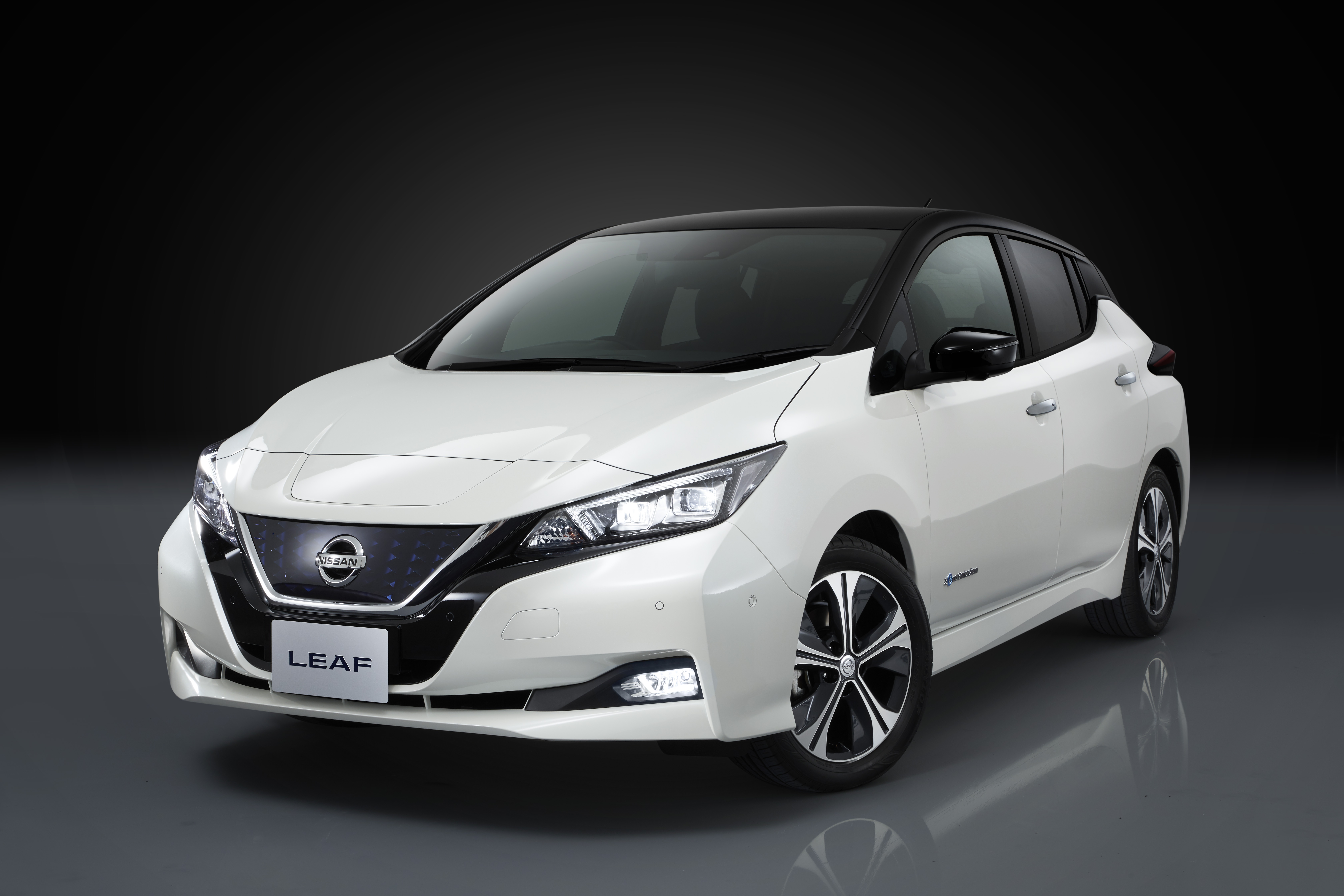
Nissan’s second-generation Leaf has finally been revealed. It has its sights set on challenging the Tesla Model 3 for the crown of best budget EV.
Like the original car that debuted in 2010, Car Buyer says the new Leaf is powered by a lithium-ion pack and electric motors. But the entry-level version’s 235-mile battery unit provides around 80 miles more than the old car, the website says.
It comes with Nissan’s ProPilot software, says Auto Express, that allows drivers to switch lanes and manoeuvre through traffic autonomously. It won’t appear at launch, but it’s expected to become available through an over-air update later in the car’s life cycle.
Prices for the new Leaf are expected to start at £27,000, the magazine says. The cost is identical to that of an entry-level Model 3.
You can read more about the new Leaf here.
-
 6 exquisite homes with vast acreage
6 exquisite homes with vast acreageFeature Featuring an off-the-grid contemporary home in New Mexico and lakefront farmhouse in Massachusetts
-
 Film reviews: ‘Wuthering Heights,’ ‘Good Luck, Have Fun, Don’t Die,’ and ‘Sirat’
Film reviews: ‘Wuthering Heights,’ ‘Good Luck, Have Fun, Don’t Die,’ and ‘Sirat’Feature An inconvenient love torments a would-be couple, a gonzo time traveler seeks to save humanity from AI, and a father’s desperate search goes deeply sideways
-
 Political cartoons for February 16
Political cartoons for February 16Cartoons Monday’s political cartoons include President's Day, a valentine from the Epstein files, and more
-
 BMW iX3: a ‘revolution’ for the German car brand
BMW iX3: a ‘revolution’ for the German car brandThe Week Recommends The electric SUV promises a ‘great balance between ride comfort and driving fun’
-
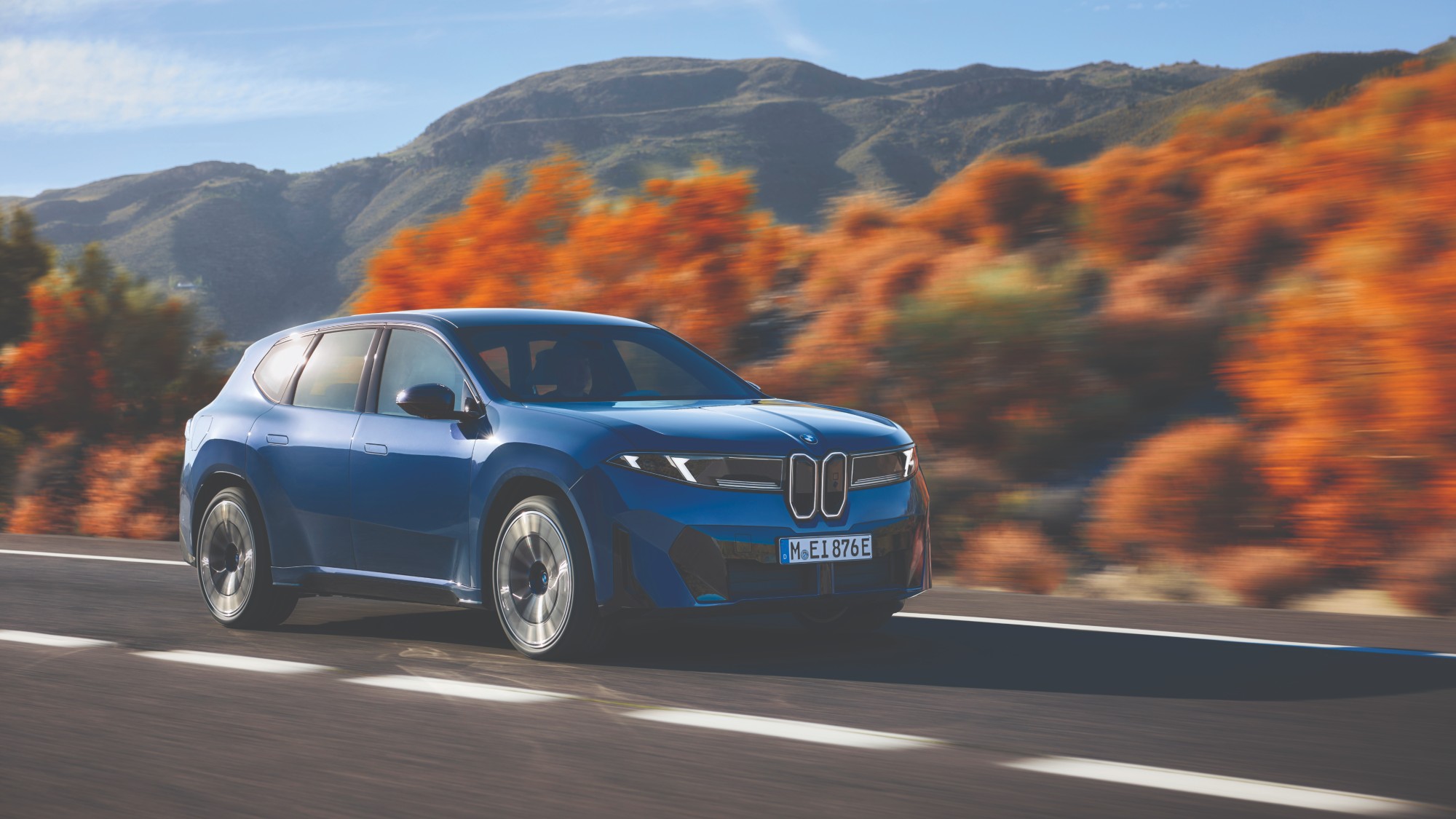 The best new cars for 2026
The best new cars for 2026The Week Recommends From SUVs to swish electrics, see what this year has to offer on the roads
-
 Are plug-in hybrids better for America's climate goals?
Are plug-in hybrids better for America's climate goals?Talking Points The car industry considers a 'slower, but more plausible path' to reducing emissions
-
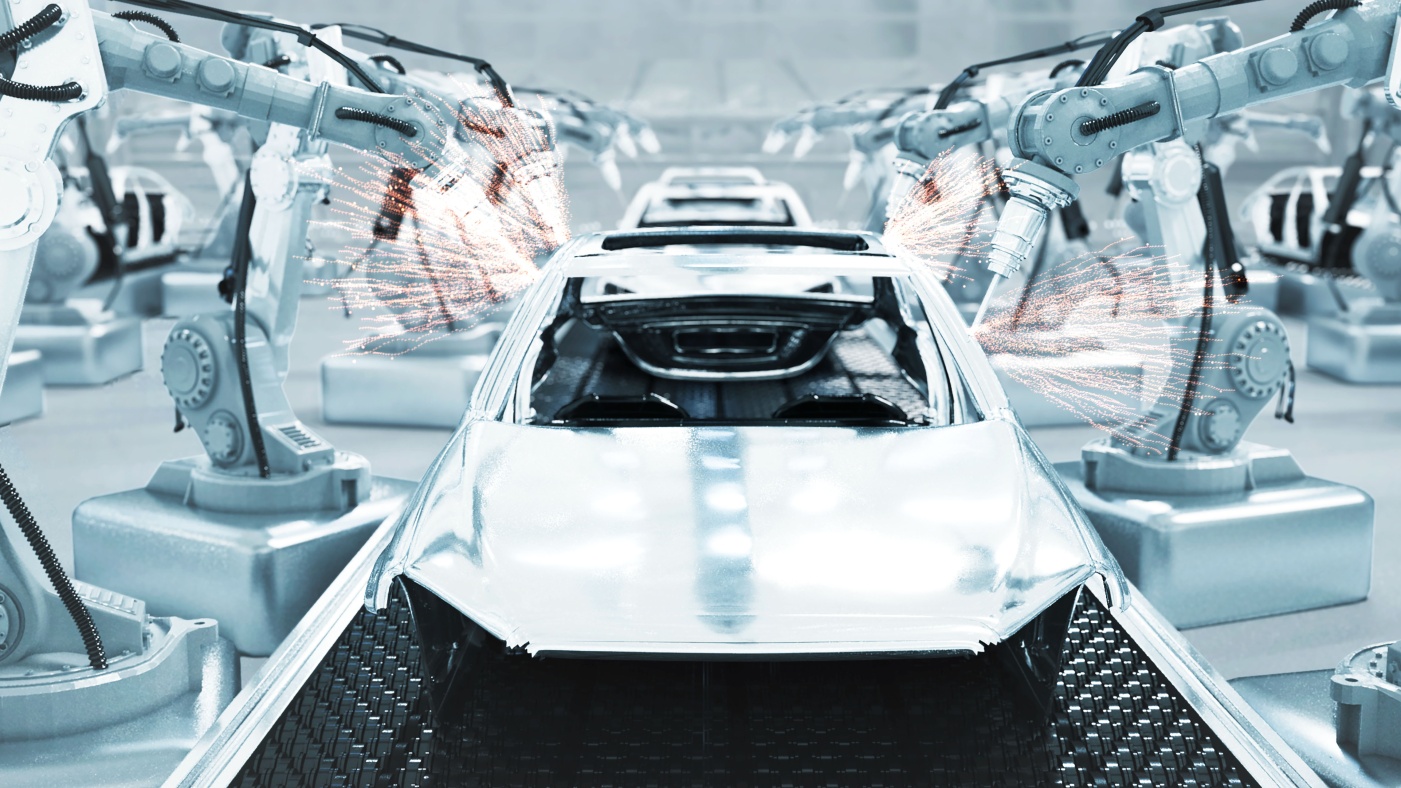 EV market slowdown: a bump in the road for Tesla?
EV market slowdown: a bump in the road for Tesla?Talking Points The electric vehicle market has stalled – with worrying consequences for carmakers
-
 The week's good news: Dec. 14, 2023
The week's good news: Dec. 14, 2023Feature It wasn't all bad!
-
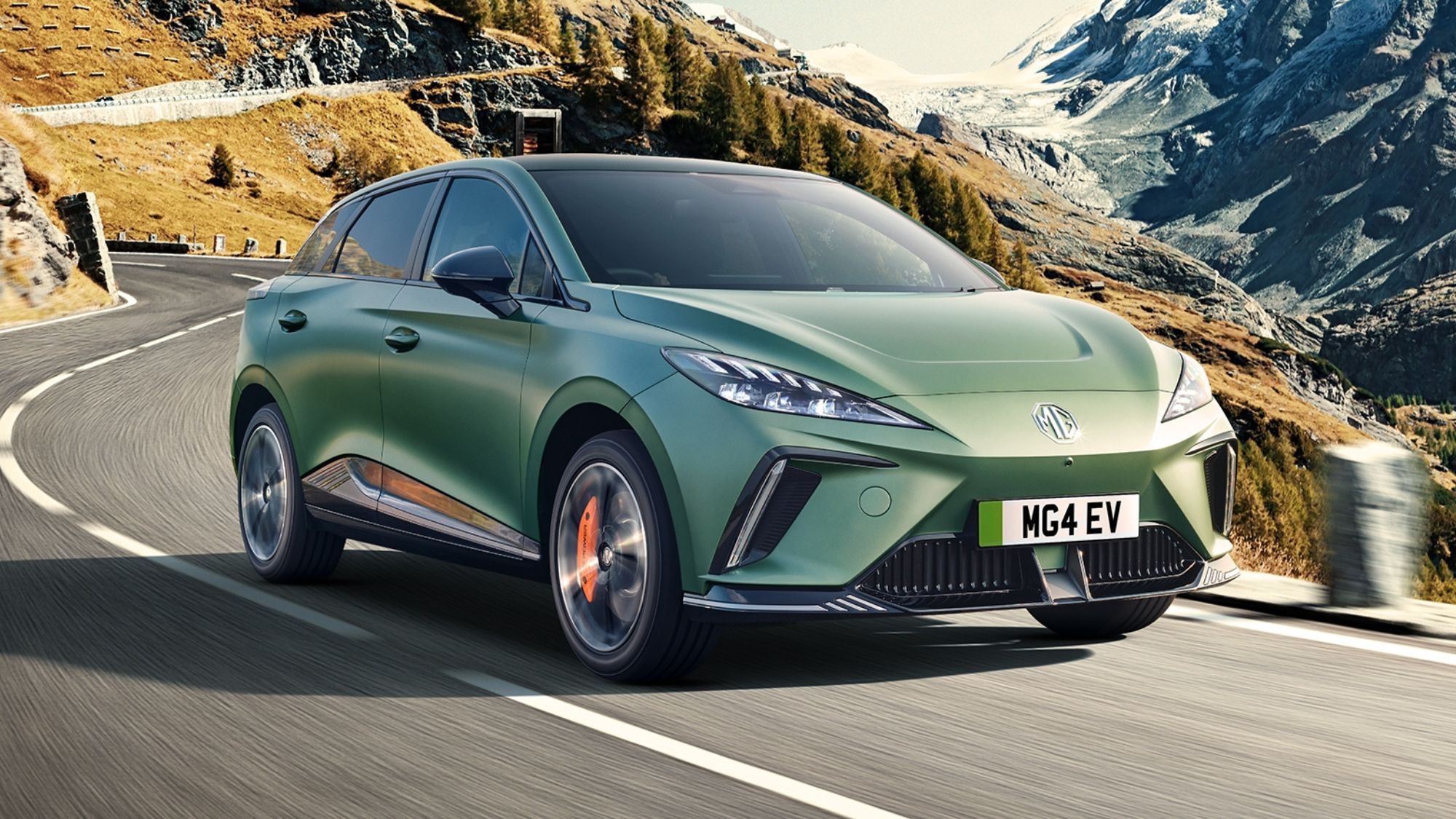 MG4 EV XPower review: what the car critics say
MG4 EV XPower review: what the car critics sayFeature The XPower just 'isn't as much fun' as a regular MG4
-
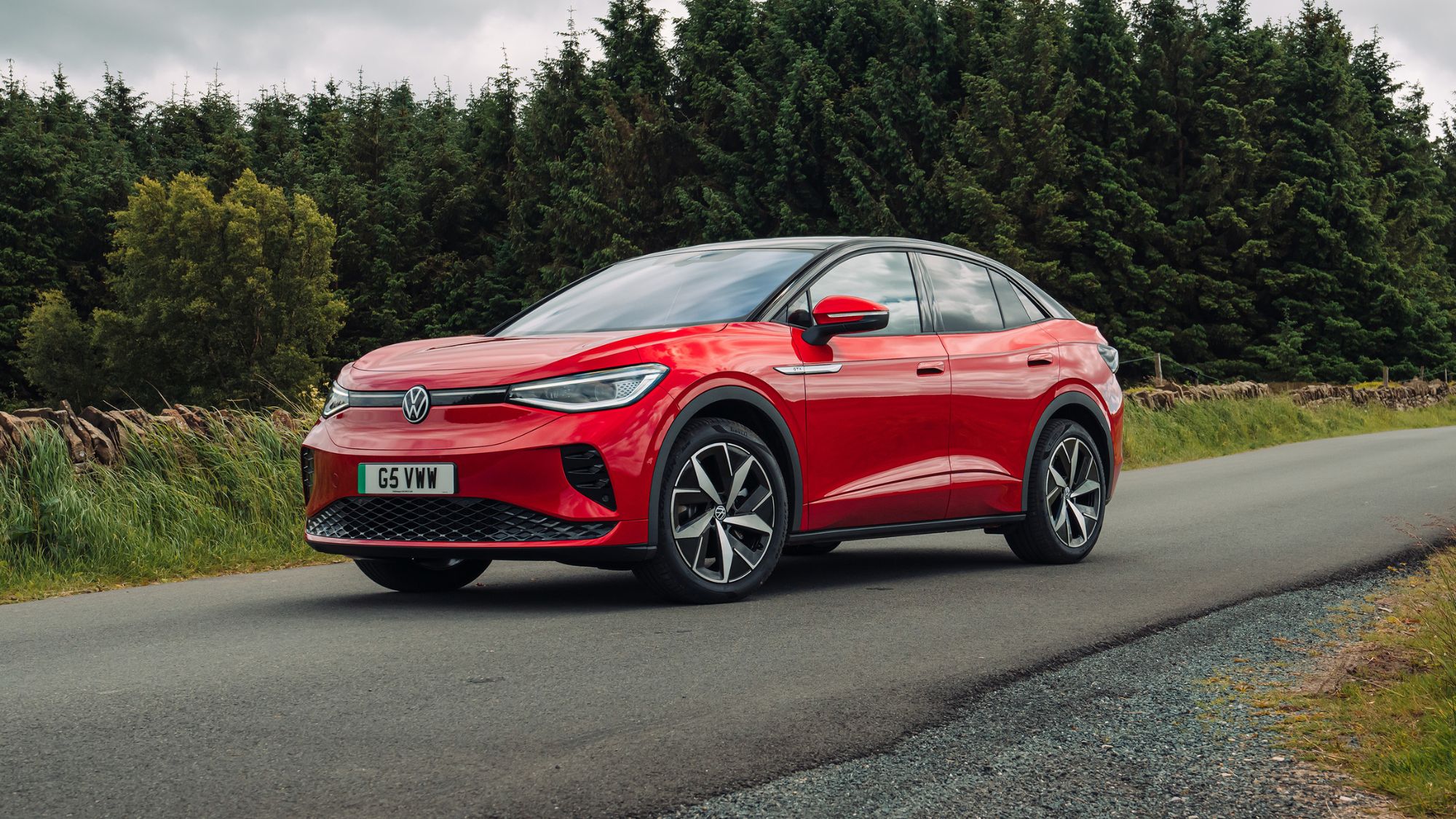 Volkswagen ID.5 review: what the car critics say
Volkswagen ID.5 review: what the car critics sayFeature The ID.4's 'sportier, more stylish twin' – but 'don't believe the hype'
-
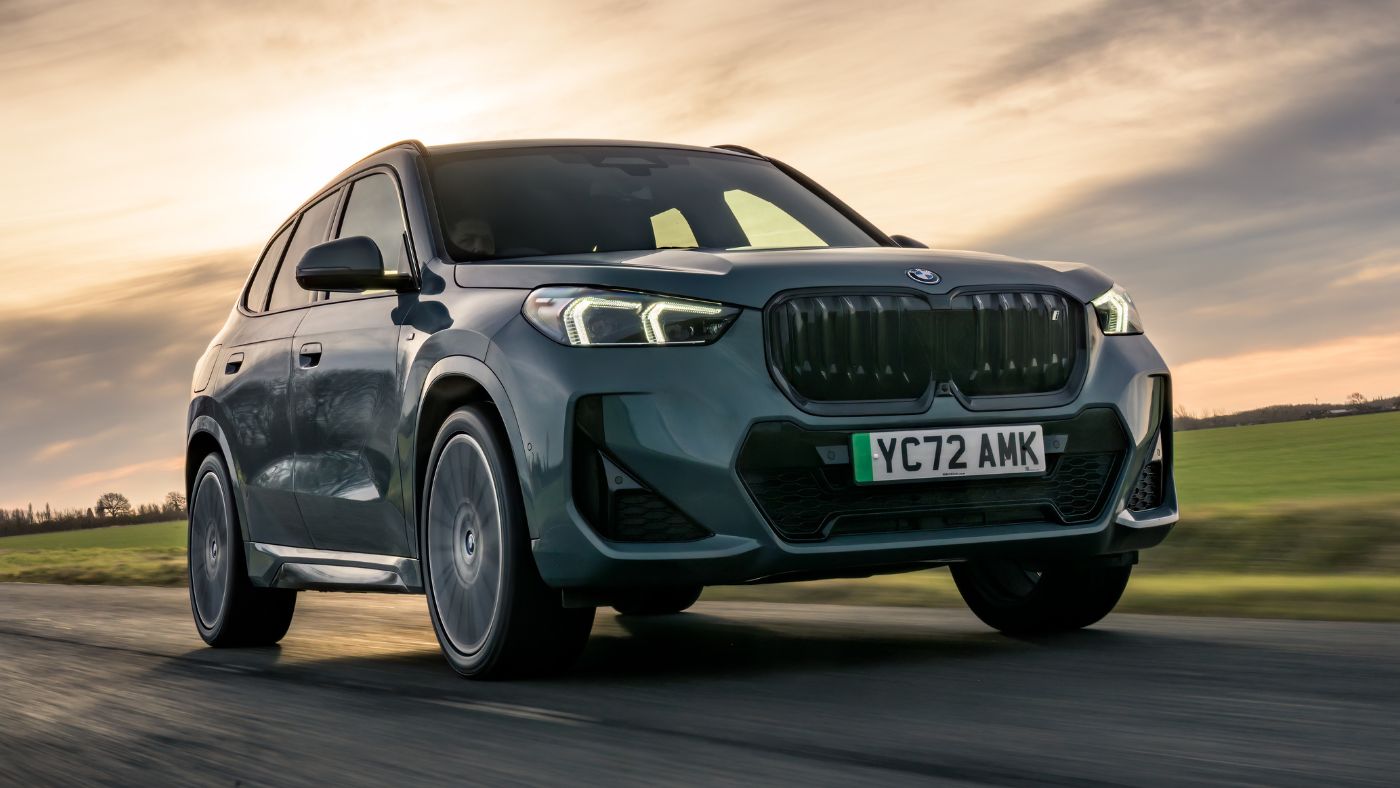 BMW iX1 review: what the car critics say
BMW iX1 review: what the car critics sayThe Week Recommends BMW’s smallest electric crossover has ‘precise’ steering and a ‘smart interior’